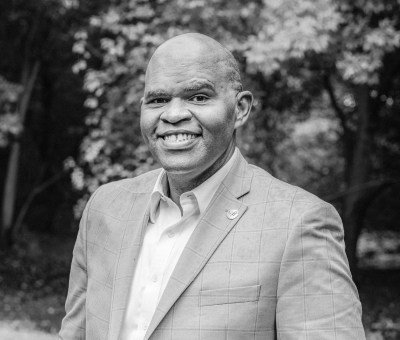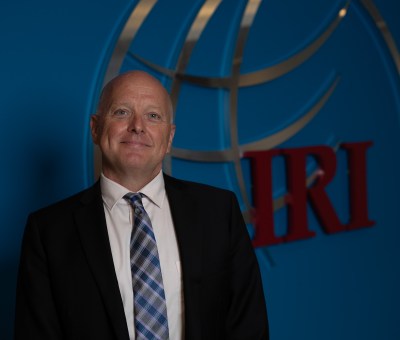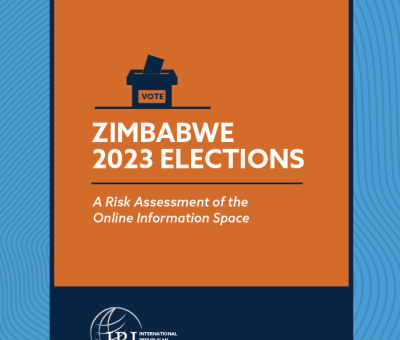
Zimbabwe 2023 Elections: A Risk Assessment of the …
Acknowledgements The development of this report was made possible through the writing and research of Hui Hui Ooi and Ana…
Zimbabwe held a presidential election in 2018, and though election observers called it deeply flawed, it did give former Vice President Emmerson Mnangagwa a mandate to lead. Pervasive corruption, weak rule of law, and a lack of protection for workers are some of Zimbabwe’s challenges. IRI is working to ensure that Zimbabwe’s institutions, leaders, and processes are more inclusive and responsive, and it supports civil society and works to improve citizens’ agency in identifying and responding to government-sponsored disinformation.
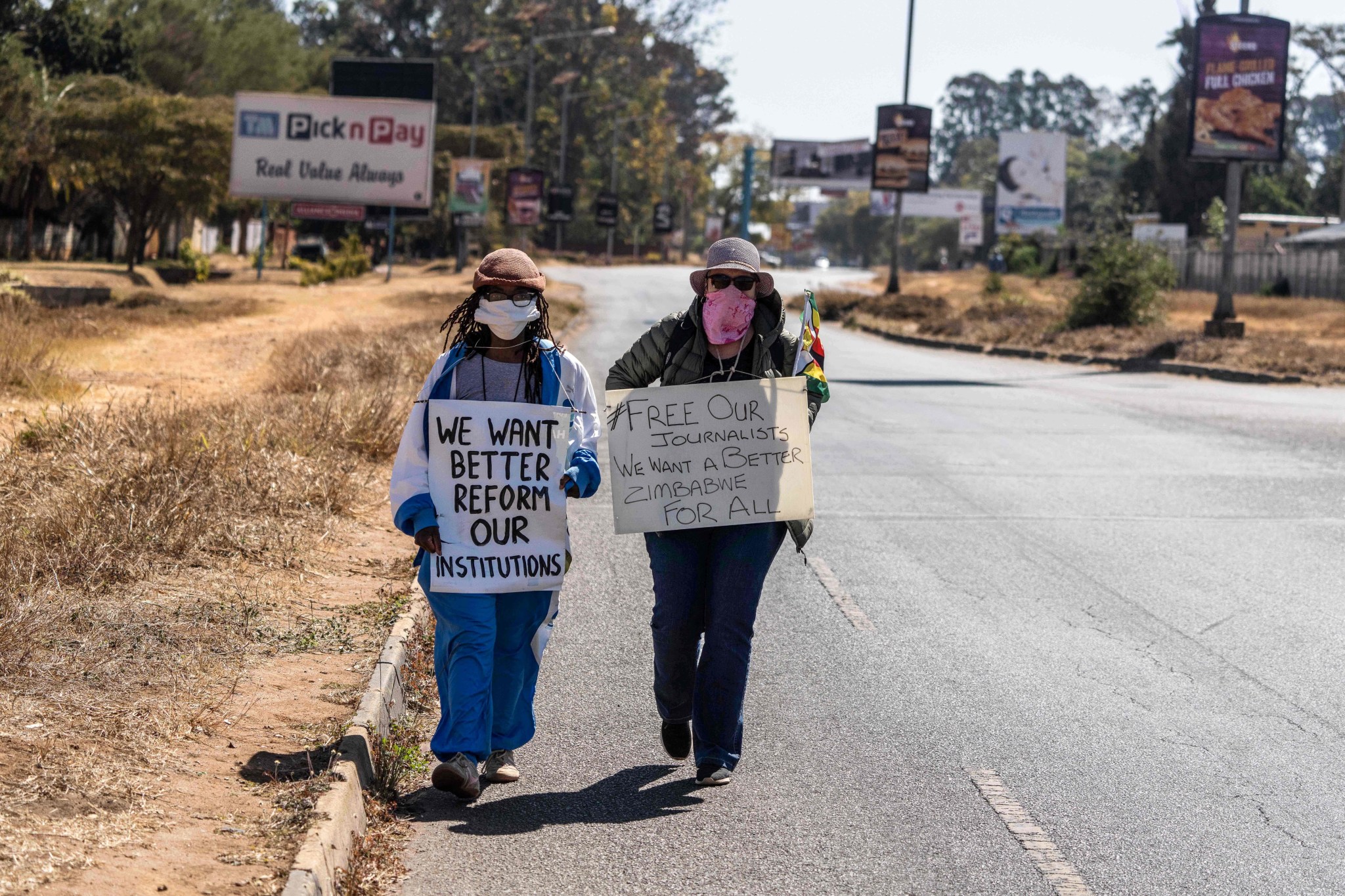
The adoption of a new constitution in May 2013 was a landmark event, widely interpreted within and outside Zimbabwe as an opportunity for the country to break away from the past. Yet despite the language in this new constitution, the Zimbabwean political environment remains fragile, and repeated positive interactions between government and citizens are necessary to build trust in order to promote inclusive, responsive, and participatory systems of governance.
IRI is working to improve local officials’ engagement with citizens, not only in discussions over issues, but also by writing and passing legislation that benefits their constituents and addresses their concerns. Better access to information and data is a key to responsive leadership, and IRI is supporting capacity-building for legislators and community leaders in citizen-responsive decision-making. The goal is to help individual citizens and civil society (CSOs) groups better articulate their needs while also empowering officials, through capacity-building and access to data, to respond more effectively.
To better identify those needs, IRI is gathering citizen feedback on the government and its policies and performance in the Bulawayo and Mashonaland provinces. In this work, IRI is using report cards to collect information on citizens’ views of government and is supporting civic education campaigns to help Zimbabweans better understand the way their government functions. IRI is doing the same with local government officials, helping them better understand their roles and responsibilities and drilling down on such topics as budget oversight and the regulatory framework for local councils.
IRI is also working on inclusion in politics, focusing on traditional and digital education campaigns to boost understanding of governance processes and engagement, with a focus on traditionally marginalized populations like women, youth, and people with disabilities.
IRI is also active in combatting disinformation. Specifically, IRI is working to improve CSOs’ and citizens’ ability to identify misleading information produced by state-sponsored outlets, while empowering citizens to choose how they respond to the information they consume. Through this project, IRI supports media literacy, advocacy, and civic awareness campaigns for groups in the Harare and Bulawayo provinces, as well as coordination to share experience on challenges and threats to freedom of expression.

Acknowledgements The development of this report was made possible through the writing and research of Hui Hui Ooi and Ana…
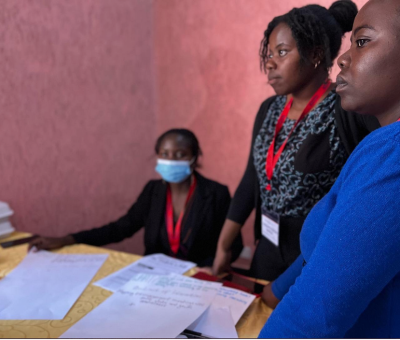
Meaningful participation of young people in political and electoral processes is essential for the democratic health of all societies. With…
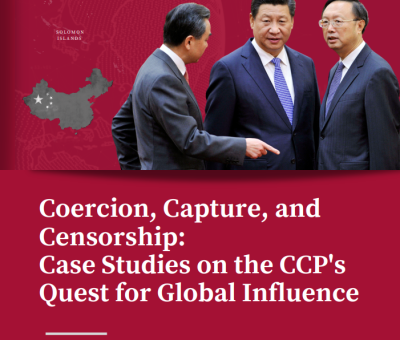
The world has changed profoundly in the year since the International Republican Institute released its latest survey of People’s Republic…
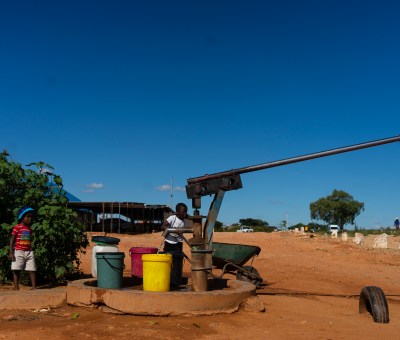
Harare, Zimbabwe – A new poll conducted by the International Republican Institute’s (IRI) Center for Insights in Survey Research in the provinces of…
